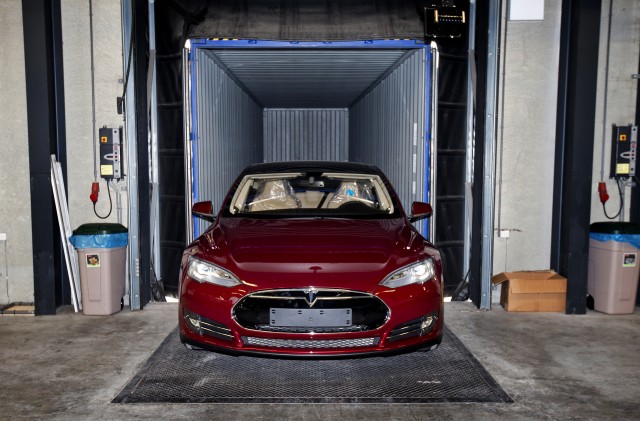
California has set a lofty goal for itself: putting 1.5 million zero-emission cars on the road by 2025.
But to reach that target, a lot more people are going to have to buy electric vehicles, which typically cost more and travel far shorter distances on a single charge than traditional cars do on a tank of gas. The state does have a rebate program to entice more Californians to go electric, but it has been underfunded and many of those subsidies are going to the state’s wealthiest residents. Now a bill working its way through the Legislature would establish a limit on income for those qualifying for an electric-vehicle rebate.
Jerry Hirsch is a reporter with the L.A. Times who wrote an extensive story on the issue Thursday. KQED's Tara Siler spoke with him yesterday. Listen here:
Hirsch said only roughly 150,000 zero-emission vehicles have been sold in the state to date, over many years. Nine times that amount would have to be sold in the next 11 years in order to meet the state's target.